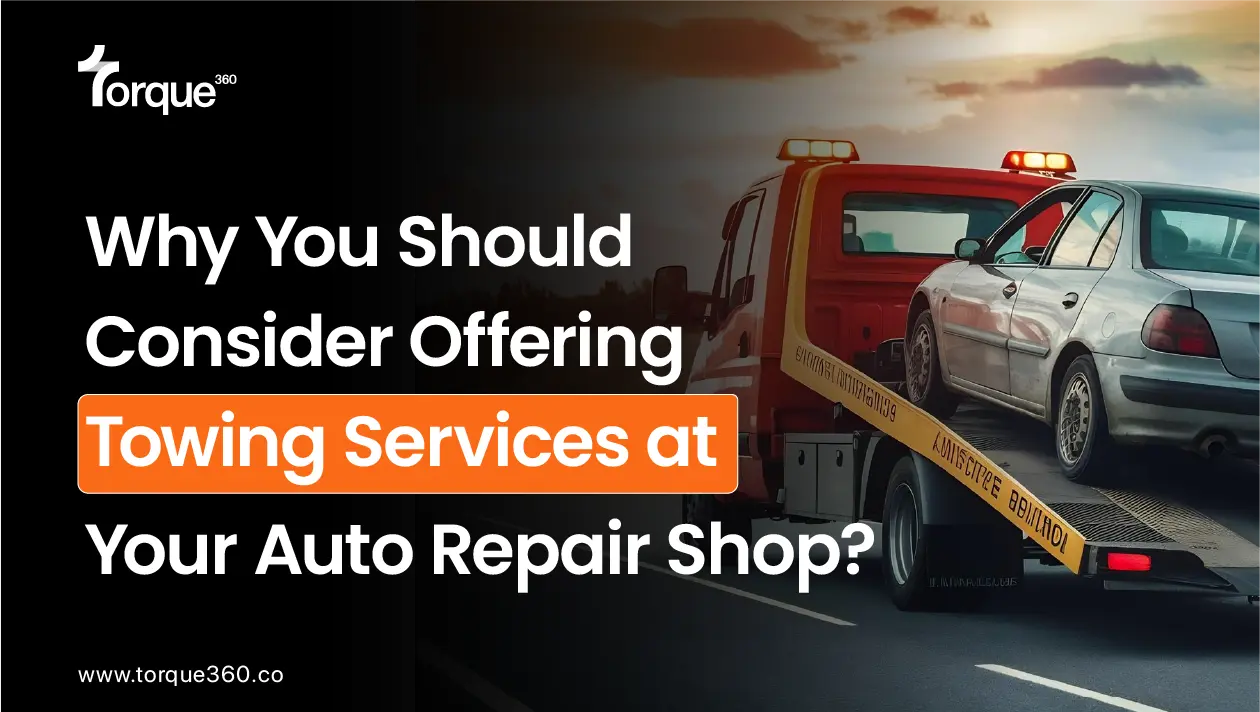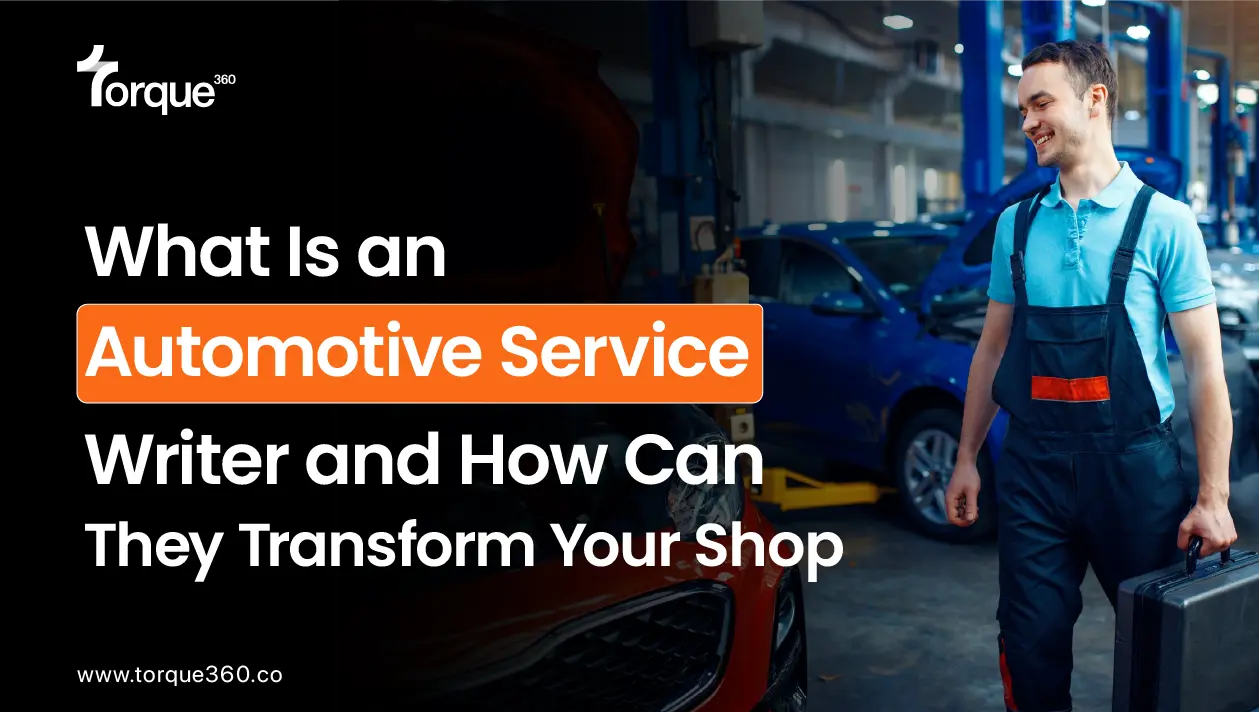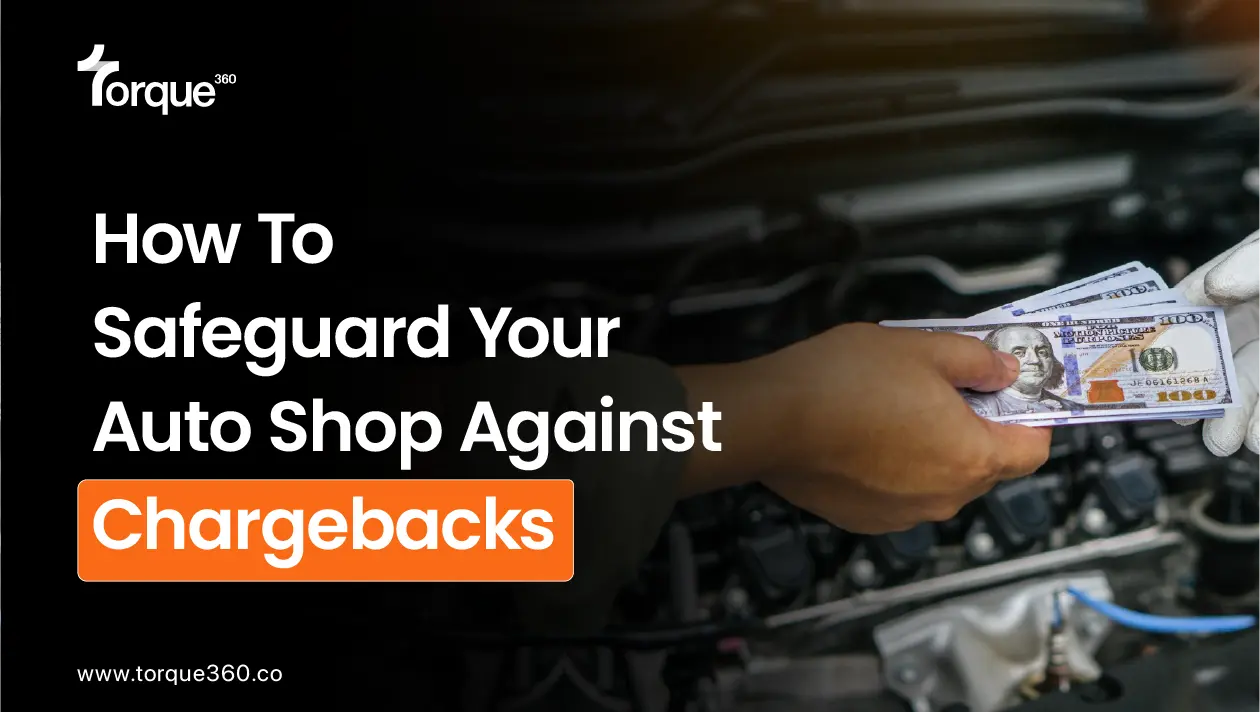Starting a mechanic shop can be exciting, but it’s not as simple as setting up your tools and lifting car hoods.
Before officially opening your doors, you must navigate through a maze of permits, licenses, and certifications.
If you’re unsure about what permits do I need to open a mechanic shop, don’t worry—this blog will guide you step by step.
Let’s break it all down into categories to ensure you’re fully compliant and ready to hit the ground running.
What Permits Do I Need to Open a Mechanic Shop
Let’s get right into what you need and how to get it done:
General Business Setup: Before getting into the specifics of running a mechanic shop, you need to establish the foundation of your business.
Business Registration: Decide your business structure—whether you’re registering as a sole trader, partnership, or proprietary company. This choice impacts taxes, liability, and operational control.
Employer Identification Number (EIN): You must register with the IRS for an EIN to hire employees. This number is essential for tax reporting and payroll processing.
State Sales Tax or Resale License: If your state collects sales tax, you’ll need this license to handle taxable sales, like parts or accessories you sell to customers.
Required Licenses and Permits
Opening a mechanic shop involves adhering to both state and local regulations. Here’s what you’ll need:
General Business License: This license is required to operate legally in your city or county. Check with local authorities for specific requirements.
Certificate of Occupancy (CO): A CO confirms that your shop meets zoning, building codes, and safety requirements. Without it, you cannot legally occupy or operate in the space.
Applicable City or County Licenses: Depending on your location, you may need additional licenses specific to automotive services.
Here, you can learn more about what permits are required to establish an auto repair shop!
Compliance and Certifications
Mechanic shops must follow environmental and safety guidelines to avoid penalties. Here are some key certifications to consider:
EPA Motor Vehicle Air Conditioning (MVAC) System Certification: This certification is mandatory if your shop services or repairs vehicle air conditioning systems under EPA regulations.
Employee Certifications (e.g., ASE Certification): While not always required, having ASE-certified technicians enhances your shop’s credibility and customer trust.
General Compliance: Ensure your shop complies with federal, state, and local laws on waste disposal, chemical handling, and safety protocols.
Insurance and Risk Management
Protecting your business is critical in the auto repair industry, given the potential risks involved.
Business Insurance: Invest in general liability insurance to protect against accidents or property damage, and consider garage liability insurance tailored for mechanic shops.
Workers’ Compensation Insurance: If you have employees, most states require this insurance to cover workplace injuries.
Tools for Success: Beyond Permits
Running a successful mechanic shop isn’t just about getting the proper permits—it’s also about staying organized and efficient.
Auto Repair Shop Management Software: Auto repair shop management software can streamline appointment scheduling, inventory tracking, and invoicing, making your shop smoother.
Want to know if a mobile mechanic business is feasible in 2025? Learn more about it here!
Additional Requirements
Opening a mechanic shop requires not only licenses but also attention to other compliance requirements. Here are some you may need to meet:
Beneficial Ownership Reporting (FinCEN): New regulations from the Financial Crimes Enforcement Network (FinCEN) require businesses to report details about beneficial ownership. Ensure you review FinCEN’s guidelines for your business structure to stay compliant with reporting deadlines.
Environmental Compliance: Mechanic shops often handle hazardous materials like motor oil and car batteries. Comply with EPA standards on waste disposal, chemical storage, and overall ecological protection for automotive shops.
Employee Certifications and Technician Training
Your shop’s quality of work depends heavily on having skilled and certified technicians. Besides hiring qualified employees, consider additional certifications:
Mechanic Certification: In some states, mechanics need a specialized repair certification. Some also classify businesses based on services offered, so check local requirements for formal technician classifications.
Additional Technician Certifications: ASE certifications are well-regarded and improve customer trust. A Master Technician certification covers a wide range of repairs and can reduce business insurance rates, reflecting a high standard of expertise in the industry.
Obtaining and Displaying a Specialized Business License
In some locations, a basic business license may need to be improved, as vehicle repair services require specialized permits.
Apply for a Vehicle Repair License: This license, required in certain states, explicitly allows auto repair services. It should be displayed in a visible area in the shop to show compliance.
Renewal Requirements: Depending on state and local rules, business licenses and industry certifications may have expiration dates and require renewal every few years.
Essential Tax Registration
Tax registration is a critical next step once registered as a business. In addition to federal and state tax IDs, there are other registrations specific to auto repair shops:
Service and Product Tax Registration: You must register for sales and service taxes if your shop sells parts or provides services. This helps you track and remit tax on all goods and services.
Fringe Benefits Tax Registration: If you offer employee benefits, such as health insurance or incentives, registering for the Fringe Benefits Tax (FBT) ensures proper tax reporting for these added employee perks.
Liability and Specialized Insurance
Working in the auto repair industry brings various risks, from accidental vehicle damage to employee injuries. Essential insurance plans include:
General Liability Insurance: Covers your shop for accidents like property damage or customer injuries on-site. General liability will help cover repair costs if a vehicle sustains accidental damage.
Worker’s Compensation Insurance: Required in most states if you have employees, this coverage ensures that workplace injuries are covered, protecting your staff and business.
Furthermore, learn how to design an ideal auto garage layout!
Conclusion
Opening a mechanic shop involves more than a passion for fixing cars—it requires careful planning and legal compliance.
By following this guide, you can confidently navigate the paperwork and focus on building a thriving business.
Ready to take the wheel?
Ensure you have all these permits and certifications before igniting your dream shop!





